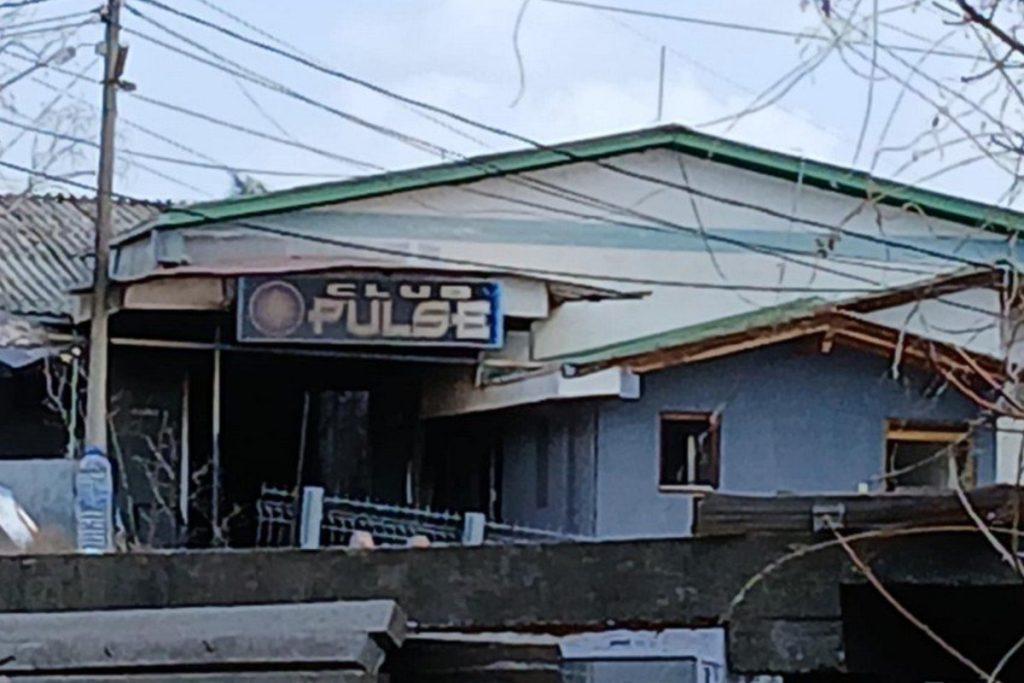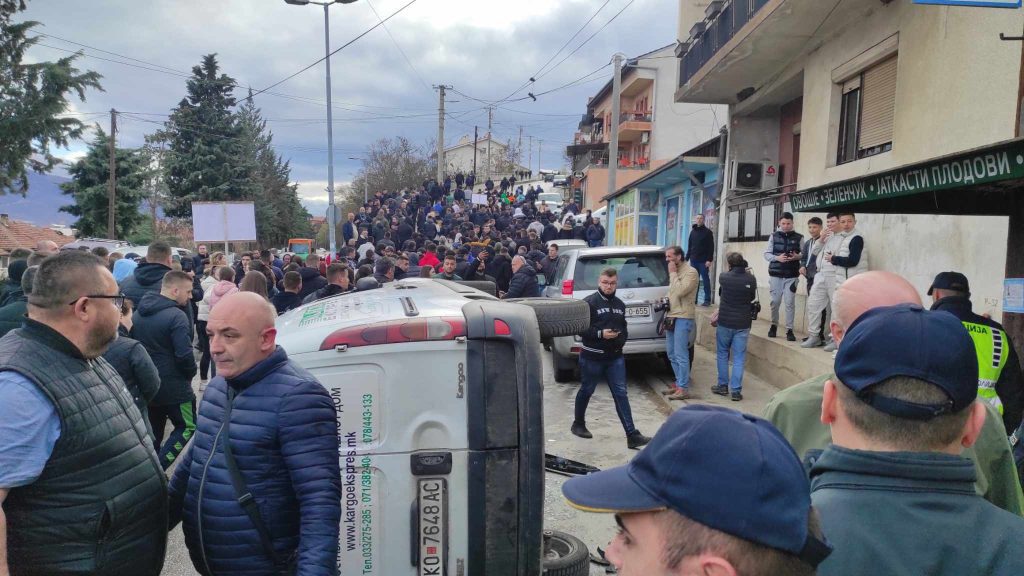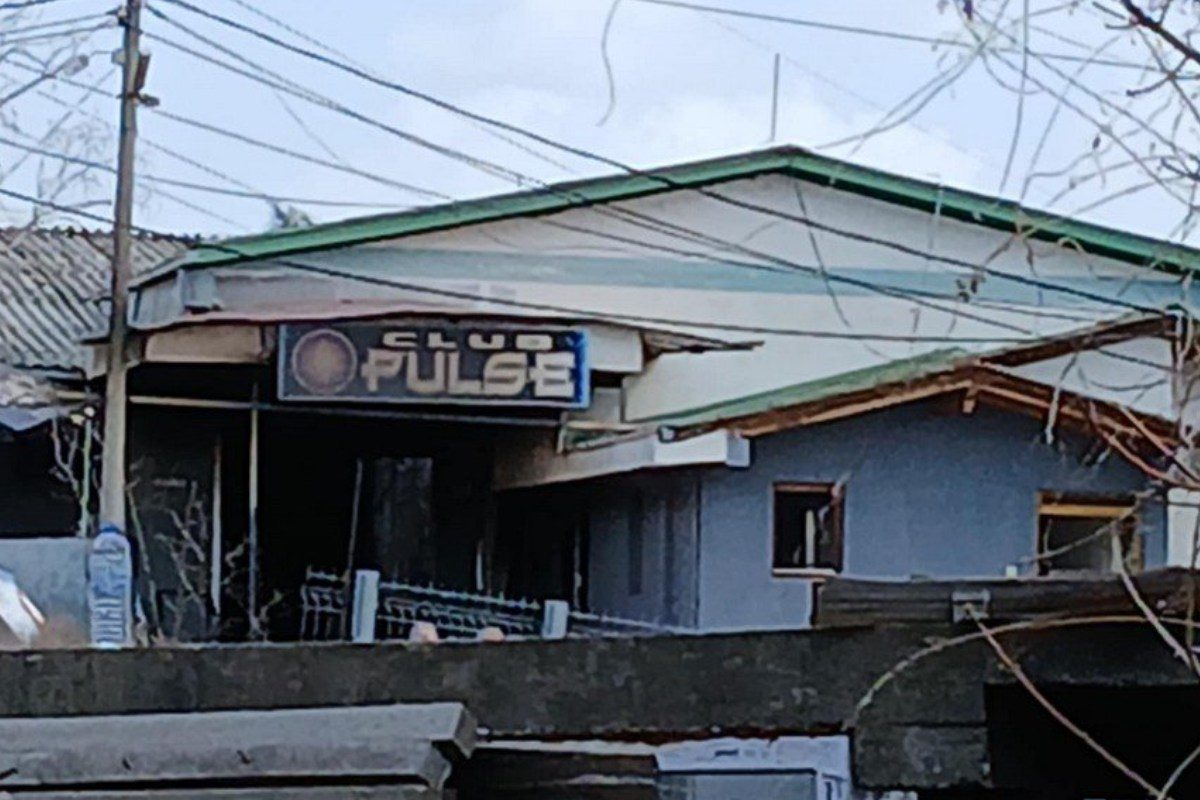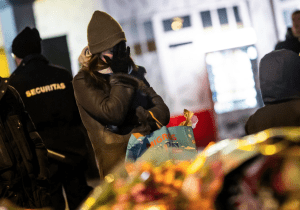
On March 16, 2025, a devastating fire broke out in Club Pulse, an illegal nightclub in Kočani, North Macedonia. The blaze, ignited by on-stage pyrotechnics during a live band performance, quickly spread, engulfing the packed venue in flames and smoke. The club’s single exit led to a deadly stampede as panicked patrons fought to escape. The tragedy resulted in 59 deaths and over 150 injuries, sending shockwaves through the country and beyond.
A Preventable Disaster
As investigations unfolded, it became clear that Club Pulse had been operating without proper authorization. The venue lacked essential fire safety measures, including emergency exits and a functional fire suppression system. Eyewitnesses reported that the fire spread within seconds, trapping dozens inside. Survivors recounted harrowing scenes of people pushing, trampling, and collapsing in the smoke-filled club as they struggled to reach the exit.

Local authorities quickly came under scrutiny, with allegations that officials had accepted bribes to allow the club to remain open despite its violations. The government ordered immediate inspections of entertainment venues across the country, but for many, the action came too late.
National Mourning and Outrage
North Macedonia declared a seven-day national mourning period, with flags lowered and public events canceled. Yet, grief quickly turned to anger as thousands of citizens took to the streets in protest the day after the fire. Protesters gathered in Skopje and Kočani, holding signs that read, “Corruption Kills” and “Justice for the 59.” The outcry was fueled by mounting evidence that Club Pulse had been shielded from regulatory enforcement due to bribery and political connections.
Demonstrations turned tense as riot police were deployed to control crowds outside government buildings. Protesters demanded the resignation of key officials, including the mayor of Kočani, who later stepped down amid public pressure. Several high-ranking government figures, including a former economy minister, were detained for questioning regarding their involvement in licensing the illegal venue.

Breaking Developments: Arrests and Resignations
In the days following the fire, authorities made multiple arrests, including the club’s owner and local fire safety inspectors who allegedly falsified reports. The Prime Minister vowed to launch a full anti-corruption probe, promising swift justice for the victims. Meanwhile, public anger continued to rise, with fresh protests erupting in other cities.
International support poured in, with Bulgaria, Serbia, and Greece offering medical assistance to treat the injured. Human rights organizations called for urgent reforms in North Macedonia’s safety regulations, pointing out systemic failures that allowed the tragedy to occur.
Lessons from the Past, Demands for the Future
The Pulse nightclub fire has drawn comparisons to past tragedies, such as The Station nightclub fire in the U.S. in 2003 and the Colectiv nightclub fire in Romania in 2015. Both disasters led to widespread demands for safety reforms and government accountability.
For North Macedonia, this tragedy serves as a harsh wake-up call. Protesters are not just seeking justice for the victims—they are demanding a complete overhaul of a system plagued by corruption and negligence. The question now remains: will this be the turning point that forces real change, or will history repeat itself once again?
Credit for the photos: Sloboden Pecat & Radio na Slobodna Evropa MK

















Comments are closed.